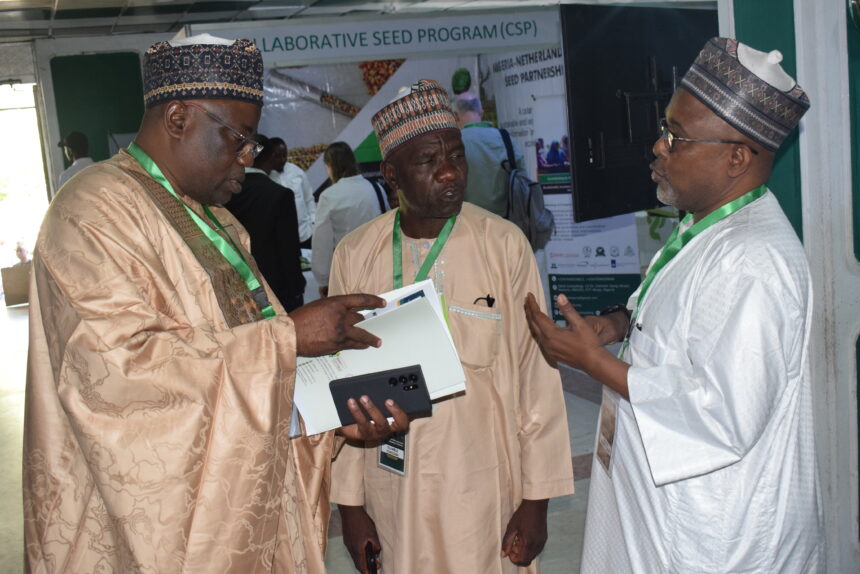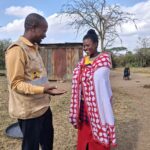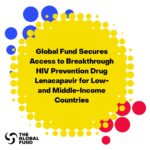By Winnie Ali | aliwinnie3@gmail.com
The public’s perception of genetically modified organisms (GMOs) is heavily influenced by how the media frames its narratives, a leading science journalist from Nigeria has said.
According to Vincent Yusuf, a senior agriculture writer from The Daily Trust based in Abuja, fear-instilling narratives and oversimplified representations by scientists, often used in the media, magnify public concerns, overshadowing the potential benefits of GMOs in addressing global challenges such as food insecurity, sustainability, and agricultural innovation.
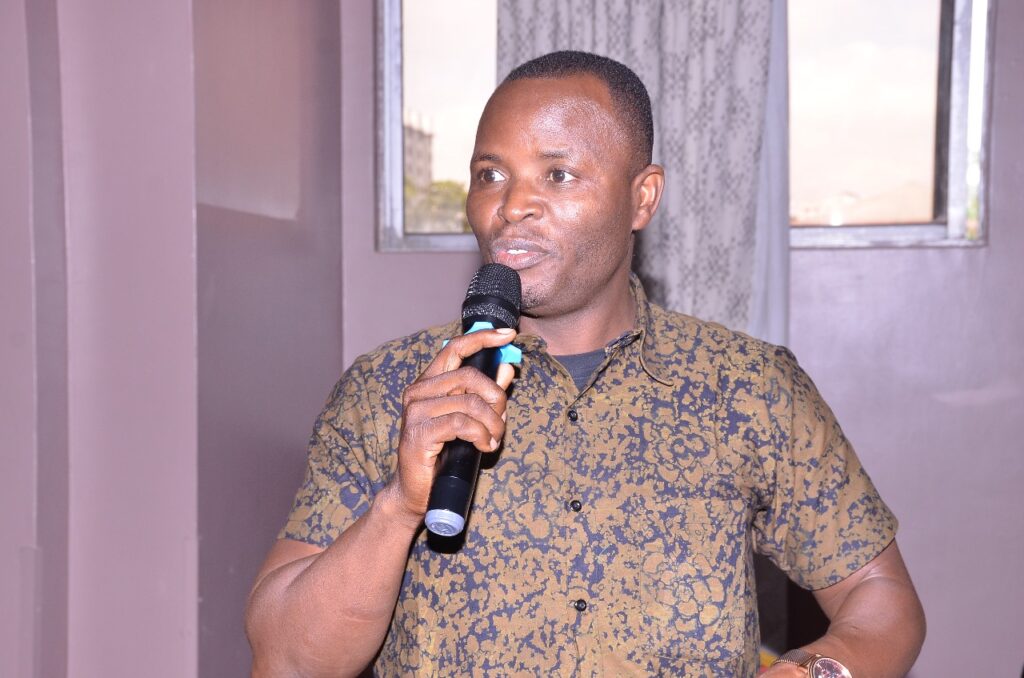
While making a presentation last week at Zaria Institute of Agricultural Research, Amadou Bello University Yusuf noted that the language and imagery journalists, extension workers and scientists use can either raise opposition to the technology or remove obstacles to its broader adoption.
The meeting, Media Training Workshop for Scientists and Technicians on TELA Maize explored strategies to reshape GMO discourse and foster better stakeholder engagement.
Yusuf advocated for tailored communication strategies to mitigate misunderstandings. Key recommendations included understanding diverse audiences and addressing their unique concerns with evidence-based messaging. The speaker highlighted the importance of open communication, transparency, and collaboration between scientists, journalists, and policymakers to ensure balanced reporting.
The participants at the meeting vouched for trust which they said begins with transparency. This, they noted began from research and development to real-world applications, providing factual, concise information is essential in cultivating trust and credibility.
The stakeholders called for a shift in media framing, proposing a new language for GMO narratives that highlights precision, innovation, and sustainability. Real-world examples of GMO success stories, such as improved harvests of PBR Cowpea in Niger State and BT Cotton in Adamawa State, were shared to underscore their transformative impact on agriculture.
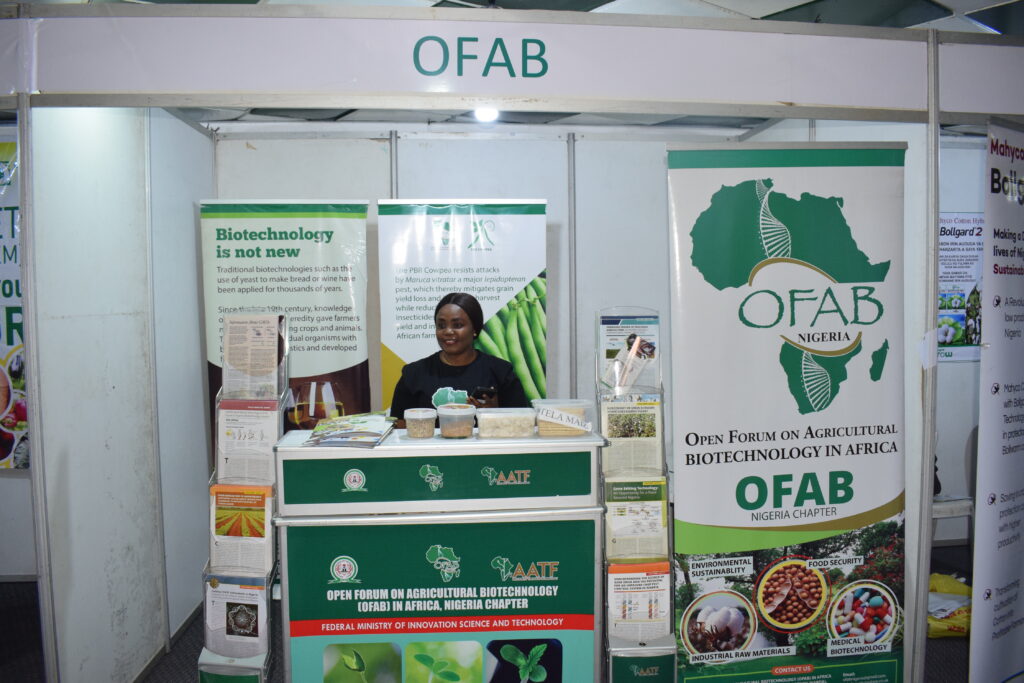
The discussion concluded with a call for collaboration among key stakeholders such as journalists, scientists, policymakers, and educators, to promote critical thinking, enhance public understanding, and ensure balanced media coverage.
As public discourse around GMOs evolves, re-framing the language could pave the way for constructive engagement, addressing global agricultural challenges while fostering informed decision-making.
“How we present food stories determines how our audiences consume these products. As communicators we need to ask ourselves questions like, are we putting out credible information out there to help our readers to make the right decisions?”
Mwinzi was addressing Kenya Editors’ Guild 7th Annual Convention which kicked off in Nakuru on Thursday.


